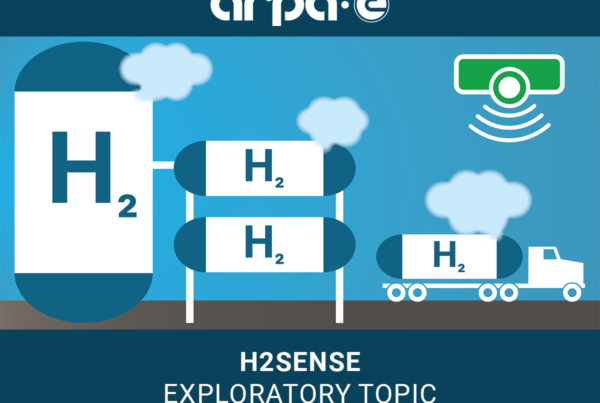
Hydrogen may never be the fuel of choice for passenger cars, but it holds great promise as a green energy source for long-haul trucks. As the world begins phasing out diesel- and gas-powered vehicles, hydrogen-fueled big rigs could take their place, reducing road noise and air pollution.
Why Hydrogen?
In 2020, medium- and heavy-duty trucks accounted for 26% of the U.S. transportation sector’s GHG emissions, so it’s high time to wean off fossil fuels. California is phasing out diesel big rigs in a bid to reduce air pollution and fight climate change. Hydrogen trucks are emission-free and energy efficient, making them a viable alternative.
The shipping industry will likely benefit the most from hydrogen fuel. Lithium-ion batteries are heavy, and in a vehicle where every extra pound means one less pound of precious cargo, hydrogen is leading the way as a lightweight, compact energy source. It offers fast fueling comparable to filling a tank with diesel, so truck drivers can simply recharge and go. Plus with onboard computers and GPS systems available to new vehicles, stops for recharging can be calculated and added into delivery times to prevent delays.
Fuel cells also provide better range than Li-ion batteries, getting up to 400 miles per tank. And, since truckers follow a carefully planned, scheduled route, it’s easy to install hydrogen refueling stations in strategic spots along the way.
Trucking alone might not create enough demand to justify large-scale hydrogen production. However, as multiple industries make the switch to fuel cells, production should scale and the cost of making green hydrogen will likely decrease. The standardization of fuel cells, tanks, cables and other vehicle parts should also lower the costs of building hydrogen big rigs.
When Will Hydrogen-Powered Trucks Be Available?
Toyota already operates a handful of hydrogen-powered semi trucks in California, although not on a large scale. The company tested its Fuel Cell powertrain inside a modified Kenworth T680 — a class 8 truck — in 2022, with the big rig scheduled to enter mainstream production sometime this year.
Quantron also unveiled a hydrogen big rig in 2022. According to Ballard Power Systems CEO Randy MacEwen, the QHM FCEV 60-2000 truck should hit the pavement within 18 months.
Hyundai and Iveco have announced a prototype for a Hyundai fuel cell installed in an Iveco chassis cab. The fuel-cell-powered truck, called the eDAILY FCEV, is outfitted with six fuel tanks to hold a total of 12 kilograms of hydrogen. It has a 217-mile range and a 15-minute refueling time. Hyundai and Iveco have not announced a release date.
Currently, California boasts the most hydrogen fueling stations, so it’s feasible that fuel-cell-powered trucking will begin in earnest in the Golden State and spread from there. Government subsidies and other financial incentives should make the cost of hydrogen production, transportation and distribution competitive with diesel.
Getting in Gear
A hydrogen-based trucking industry is still a ways off, but we’re getting closer. Manufacturing green hydrogen is still expensive and the world needs better hydrogen fueling infrastructure to allow for long-haul transportation, but fuel cell semi trucks are already hitting the road. It should only be a matter of decades before hydrogen vehicles dominate the shipping sector.
Read the most up to date Fuel Cell and Hydrogen Industry news at FuelCellsWorks


Jane Marsh, Contributor
The views and opinions expressed herein are those of the authors and do not necessarily reflect the official policy or position of Fuel Cells Works, its directors, partners, staff, contributors, or suppliers. Any content provided by our contributors or authors are of their own opinion and are not intended to malign any religion, ethnic group, club, organization, company, individual or anyone or anything.




